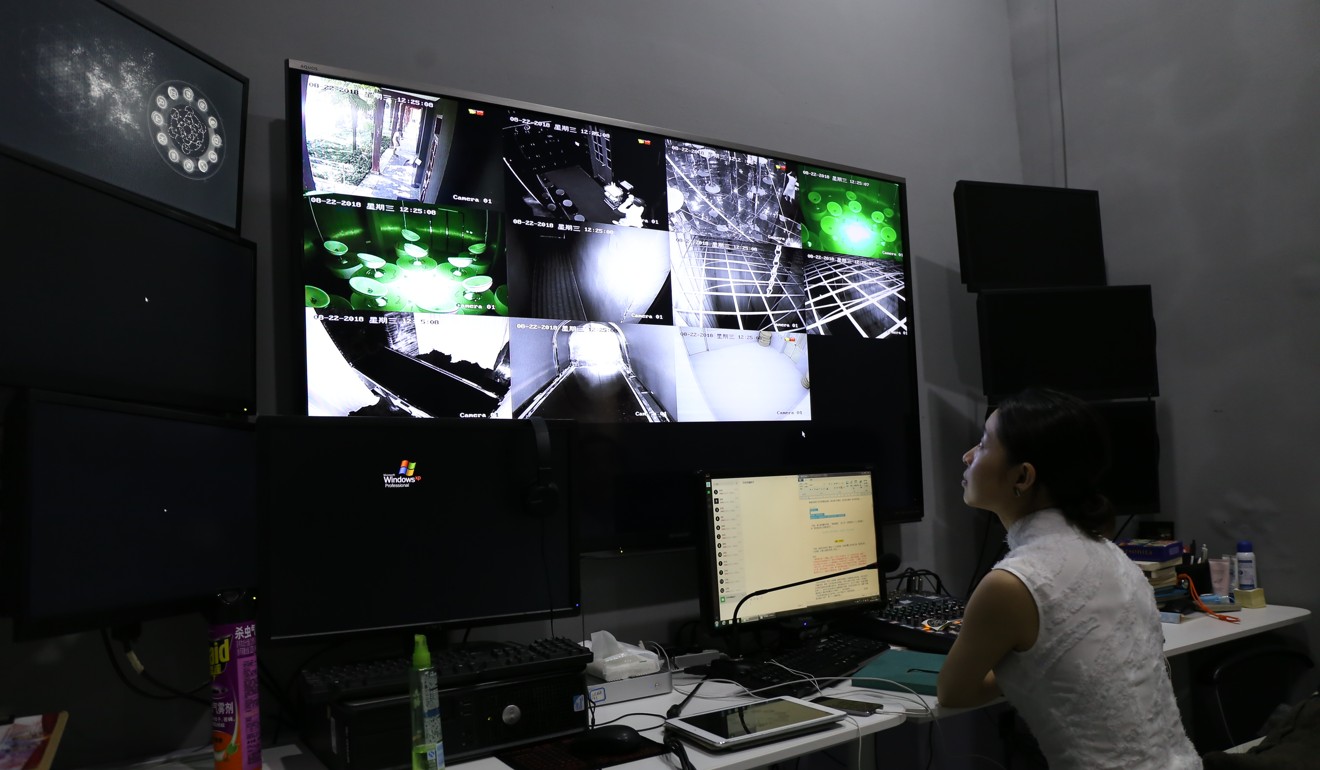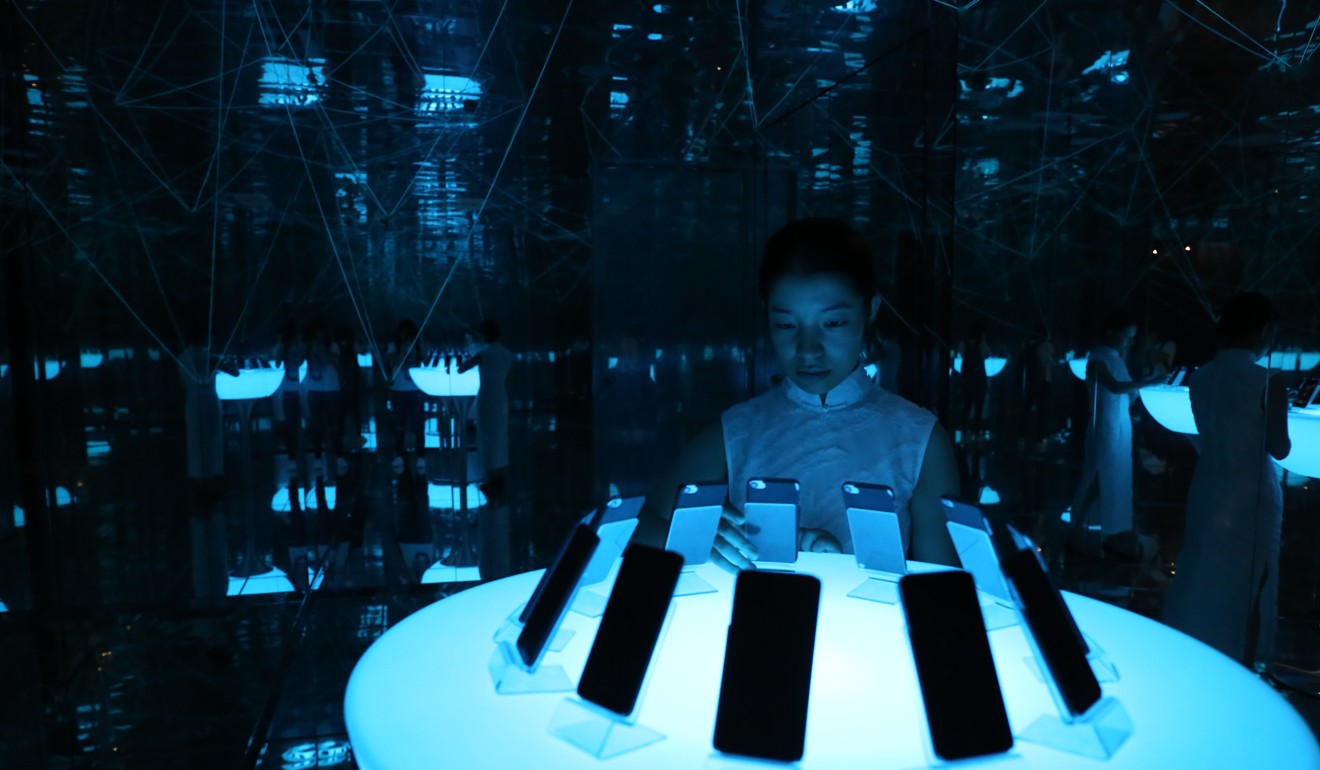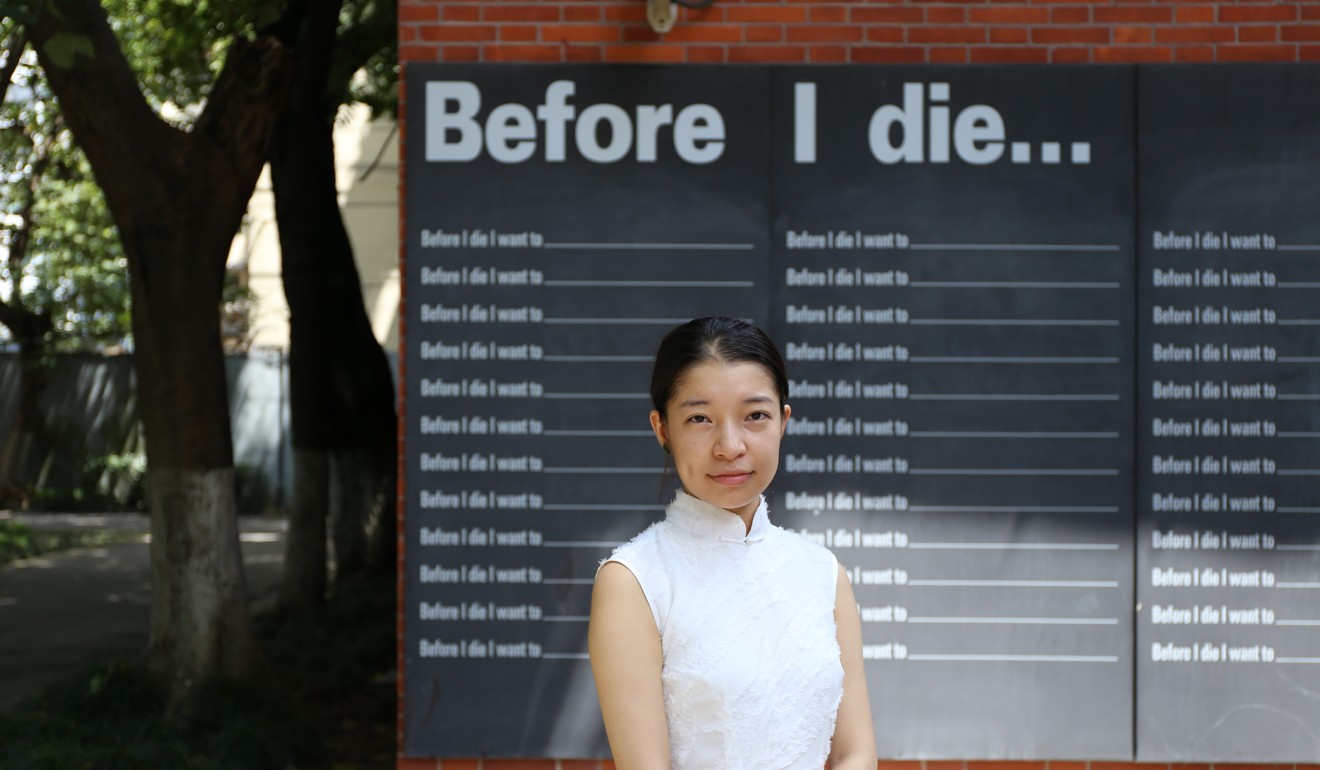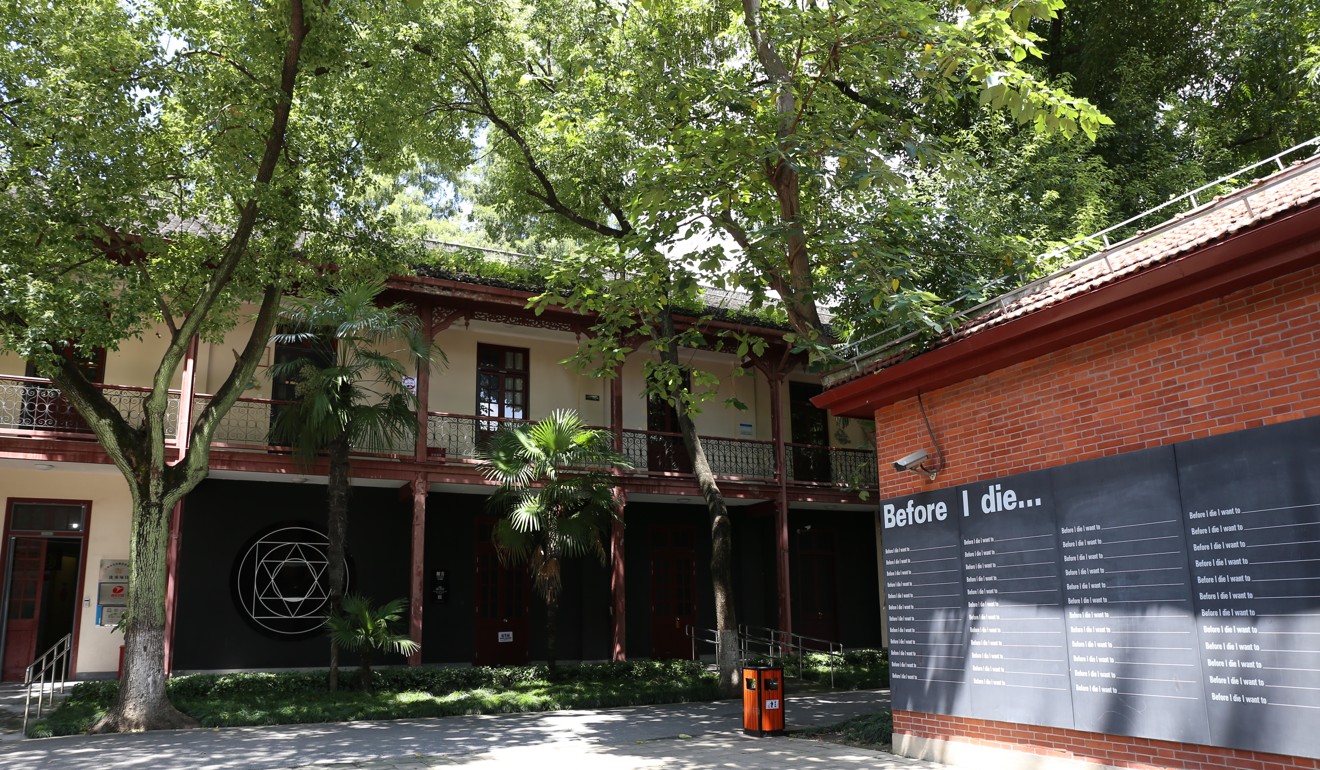
The game of death: my three hours in a moral maze at Shanghai museum, how I won, and what I learned about life
This could be the strangest museum experience ever: answering questions in a room with strangers – such as whether you would torture a child to save others’ lives – and voting to send them to an incinerator if you don’t accept their answers
Shanghai’s museum of death, cremation and rebirth is slowly dying itself.
Called Xinglai (Chinese for “awaken”), it will close its doors next April on the Ching Ming Festival, the day when Chinese honour their dead and visits the graves of ancestors – the same day it opened in 2016.
Taboo-breaking exhibition brings a dark and deadly episode to life
Death is one of the biggest taboos in China. I join a group of others at the Xinglai museum to get an insight into the experience it offers, and to see whether I will leave the museum with a fresh perspective on life.
I find myself in a circular room with 11 strangers. We are each given a number, a seat, and a device to vote and eliminate others. We are now in a game of survival. When a person is voted out they enter a tunnel to a conveyor belt that leads them to a fake incinerator, after which they climb through a cocoon that symbolises the womb.

It is reminiscent of the classic 1957 film 12 Angry Men , where jury members deliberate in a murder trial, except we are not here to defend the innocence of the accused, but to give our opinions on a variety of scenarios.
The host, who remains out of sight for the duration of the game, greets us and asks the first in a series of questions. You are the leader of an anti-terrorism squad and a terrorist has planted a bomb that could kill hundreds. The only way you can get him to speak is by torturing his two-year-old child. Would you do it?
We take turns explaining our stance. I’m against torture, but other participants have different considerations. Eight out of 12 choose torture. No 4 explains that, as a law-enforcement official, she is accountable to the public, so the citizens’ lives come first.

Others give reasons that are harder to accept. “The toddler could grow up to be a terrorist,” says one. “She is not innocent since she’s the daughter of a terrorist,” says another.
With that, the host follows up with another question: “What if it’s your own loved ones that you have to torture?”
The room falls silent before debate resumes. No 8, who is also anti-torture, mumbles his explanation and becomes the first to be voted out in the secret ballot. As he stands in the middle of the room, the host reveals the reasons people have given for eliminating him: he did not articulate his argument very well; he does not seem keen to play; he did not even try.
He storms out, leaving through the front door rather than via the tunnel to the mock incinerator and death experience. (He won’t get a refund, but can return to the museum free of charge at a later date.)
Later, I feel guilty when I’m told he only received education to primary school level and does indeed have trouble expressing himself. However, it’s only one of many assumptions I catch myself making.
We are then asked to introduce ourselves – what kind of people would we like to become and what would be our biggest regret if our lives ended now?
Most participants are young adults; the exception is a 50-year-old mother who has come because her daughter volunteers at the museum and she wants to know what her daughter has been up to. There are two best friends, university students who have recently reached the minimum entry age of 18 and travelled to Shanghai especially for the experience.
There is also a couple – No 9 and No 10 – who have arrived late and seem guarded.
The next question is asked: you are 14 years old and you see a friend being beaten by three thugs in an alley. Do you run up to help him or go and find adults to help? Almost all choose the former, including No 10. But he questions whether the rest of us truly know the meaning of friendship. A friend was once stabbed while defending him, and he would do the same.
For a moment, we catch a glimpse of the life that shaped a boy into the tough, unsympathetic man standing here.

No 12, the mother, is the only one who chooses to go and find adults to help, and is also speaking from experience. She was physically abused as a child and she remembers her reaction when a friend tried to help. “Go away, you can’t help me. Go find somebody who can,” she told her friend.
She adds: “I also do not want to carry the guilt of dragging a friend into an attack for the rest of my life.”
The fact that the museum exists reflects a yearning for meaning among a younger generation who have never experienced war or struggle
No 10, slow to warm up but quick to argue, is voted out. Before he goes, we are given the chance to save him, and more than half concur.
That is when the tables turn. He can stay, but he must pick another person to go, and he points at one of the university students, an affable girl in a flowing white dress. She stands, looking bewildered. Now we know there is a cost to every one of our decisions, the host says.
A door opens and the student becomes the first person to enter a pitch-black tunnel from which comes the sound of howling wind. She heads for the conveyor belt to the mock incinerator.
A few more moral quandaries follow, sending more participants to the incinerator, but also revealing more about, and building trust among, the survivors.
In one instance the student, who had earlier said she wanted to spend her life being carefree, describes coming to terms with her father’s infidelity and how she caught him sobbing inconsolably in his room, telling her he could not go on after her stepmother left.
One question we’re asked is this: our son wants to emigrate to Mars and has no chance of returning to Earth. Would we let him go or stop him, even if that costs us our relationship?
Elderly put aside taboos about death to sign up for funeral tour
A 25-year-old participant chooses to let him go. She had been offered a job that required her to fly between Paris and Shanghai, but her mother forbade it. They argued for months, and she eventually gave in. Given the choice, she says, she would be a different kind of mother.
No 12, the mother, initially says she’d never allow her son to do something that could cost him his life, which is the most precious thing to her. However, after listening to others’ views, she decides she would be willing to let him go if restraining him made him unhappy.
These, and other, similar scenarios, were put to us during the course of the experience as participants were regularly voted out. I survive until the very end of the game and win. But this does not matter. The reason I visited Xinglai was to find out why it is closing.
The museum was founded by Ding Rui and Huang Wei-ping, of the Hand in Hand hospice for cancer sufferers, who poured in their savings and crowdfunded 410,000 yuan so that participants could tackle their fear of death.

Shan Qi, the director of Xinglai, says: “The fact that the museum exists reflects a yearning for meaning among a younger generation who have never experienced war or struggle.” Xinglai, which offers contemplation of life rather than a confrontation with death, gives them clues in their search for answers.
The museum aims to help participants gain a new perspective on life situations and find answers to some of the most fundamental questions: what makes life worth living? What is my purpose? What matters most to me and is it really that important?
One of the reasons the Xinglai museum is closing, it turns out, is that it is no longer able to fund its daily operations. Some customers have complained that the entrance fee – 444 yuan (US$65) for a three-hour session, 777 yuan for seven hours – is too expensive.
It may be difficult to put a value – commercial or otherwise – on such a social experiment. Maybe it depends not on how far you advance in the survival game, but how much you are willing to be vulnerable and examine yourself.
Learning to live with death: tackling Chinese taboo
I was able to survive the game until the very end, but Shan says she has seen many people like me, who won the game, and often wonders if they are truly happy. Am I?
Xinglai, Gongyi Xintiandi, 105 Puyu West Rd, Huangpu Qu, Shanghai.

